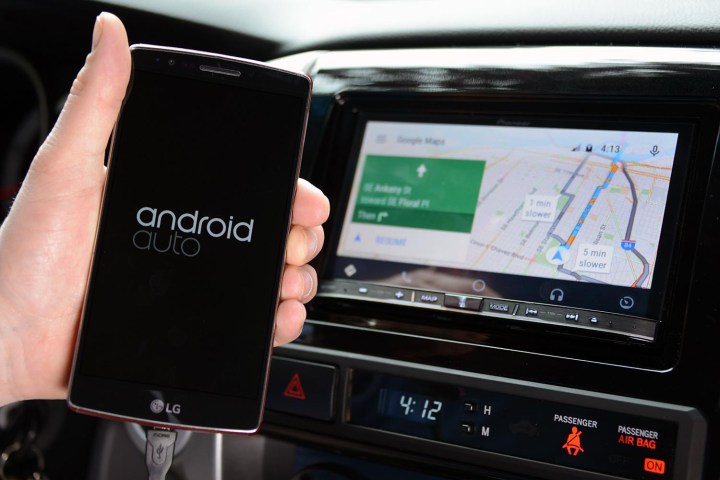
Over the past several months, users have taken to Pixel forums, Reddit, and YouTube to complain about issues with Bluetooth connectivity. Pixel owners seemed to be most affected by the bug, and issues seemed to mainly plague Android Auto and playback in vehicles. Some other folks also noted problems with headphone and Bluetooth speaker playback.
As one Google forum user noted, “After upgrading to Oreo 8.0 and also after applying the Oct 5th update, I can’t play any audio from many native Google apps like Play Music, Maps Navigation, YouTube.”
Another user said, “I updated yesterday and now my phone will not connect with my car’s Bluetooth at all. Prior to this update everything but calls would go through my car’s Bluetooth system.”
While Google did issue a security patch in October to address the issue, it would appear that it wasn’t a complete fix. Some Android users still noted that they had issues with Bluetooth.
As Pixel owner and software developer Ed Spencer told Forbes, “This has made me think twice about getting another Google handset. In future I’ll get a premium device from a more established manufacturer. I’d rather wait a little longer for Android updates as long as they are more stable.”
Needless to say, such sentiments are a cause for concern for Google, which has finally resolved the problem in Pixel 2 handsets currently being shipped to those who placed pre-orders. “Google is aware of this issue and additional fixes are coming soon. Likely November or early December. For Pixel 2, the first security update (which will initiate the fix) will come in November, after Pixel 2 XL goes on sale in U.K. Each Pixel comes with a headphone adaptor so that they can use usual plug-in headphones,” a spokesperson told Forbes. “Google also has partnered with around 25 companies globally to create Made For headphones if users would prefer this over Bluetooth.”
Editors' Recommendations
- A new Google Pixel Tablet is coming, but it’s not what you think
- The first Google Pixel 9 Pro hands-on photos are here
- Something strange might happen to the Google Pixel Fold 2
- Google Pixel 8a: news, rumored price, release date, and more
- Here’s every color that will be available for the Google Pixel 8a
